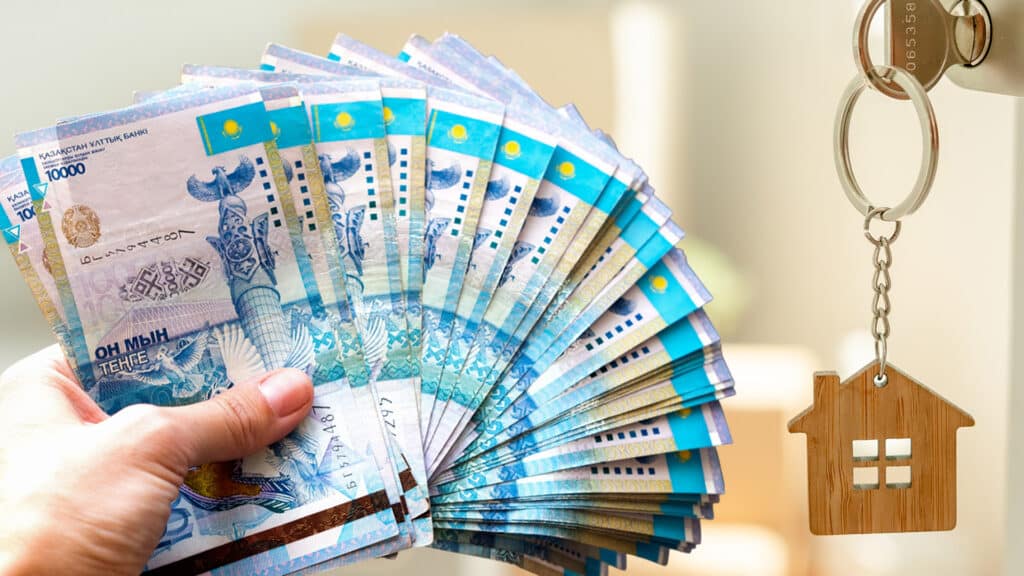Kazakhstan wants to prohibit buying apartments for cash

The Ministry of National Economy plans to prohibit the sale of apartments for cash, according to Serik Zhumangarin, the head of the agency, who announced this initiative on the Taldau Talks podcast.
«Currently, each residential building is registered as a separate LLC under the umbrella brand of a parent company. Additionally, apartments are sold through individual entrepreneurs. This is why we plan to address the issue within the Tax Code. Any company that constructs residential buildings must sell apartments under a B2C (business-to-consumer) model using cashless payments,» Zhumangarin stated.
The minister emphasized that the government seeks to regulate the construction industry, given the significant financial investments allocated to it.
Even though construction companies are currently exempt from value-added tax (VAT), the proposed new Tax Code suggests introducing a 12% VAT for such businesses.
«Construction companies are concerned. They have proposed an alternative solution: introducing a so-called infrastructural fee ranging from $40 to $60 per square meter, depending on the housing class. However, our primary concern is not the tax itself but rather the scheme used for selling apartments,» Zhumangarin underlined.
Speaker of the Senate Maulen Ashimbayev, the host of the podcast, asked whether a tax increase could lead to higher housing prices in Kazakhstan. The minister confirmed this concern.
Ashimbayev also noted that the issue is highly sensitive and requires discussion with members of parliament. Chair of the National Chamber of Entrepreneurs Atameken Raimbek Batalov, agreed with the Senate speaker, emphasizing that the construction industry has a significant multiplier effect on the economy, making it crucial to find a balanced solution.
Earlier this month, Deputy Minister of National Economy Azamat Amrin stated that raising VAT is necessary to combat the shadow economy. Many construction companies, previously exempt from VAT, avoided registering as taxpayers and did not account for incoming VAT, which suppliers had already included in the cost of goods and services. Once the reform is implemented, developers will have an incentive to track incoming VAT by conducting stricter oversight of their counteragents and suppliers, ensuring better financial transparency.

